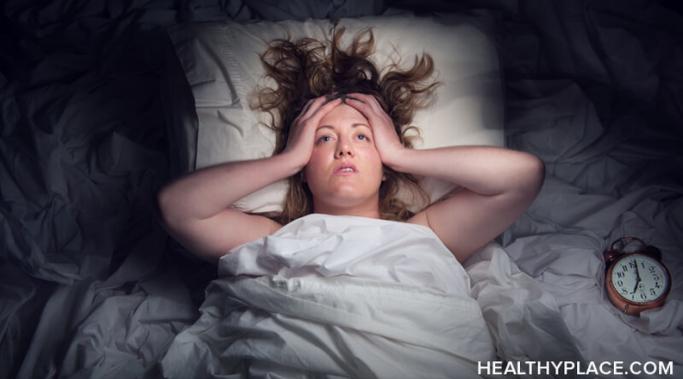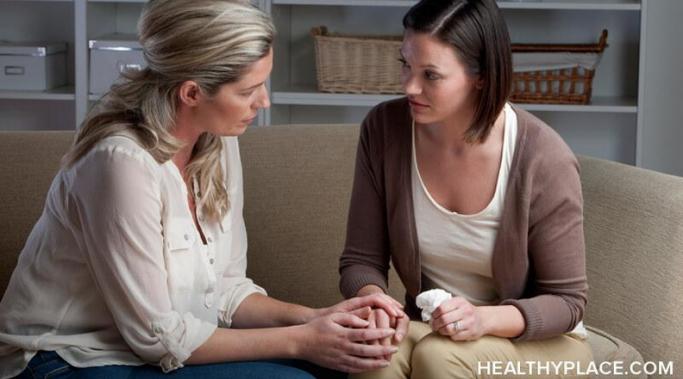Deadlines to meet. Meals to plan. Shopping to do. Meetings to join. Classes to attend. Work to do. Children to taxi. Aging parents to help. Laundry to wash. Lawns to mow. Etc. Etc. Etc. What if you forget? What if you make a mistake? What if? What if? What if? Dire consequences. Dire consequences. Dire consequences. The anxiety is a constant companion. Day and night. Day and night. And night. And. Night. Anxiety is awful. When it robs us of sleep, it becomes torturous. Why is that, and what can be done about it?
Anxiety-Schmanxiety
"Anxiety" is a very broad term, encompassing many different experiences. In addition to situational anxiety, there are a variety of anxiety disorders that disrupt people's lives. All are different, but all share a crucial aspect: they affect our thoughts, emotions, and behaviors, and each anxiety disorder has the power to knock us completely off course.
Anthony D'Aconti
It's safe to say I've been a procrastinator for as long as I can remember. Before I learned about anxiety disorders, I always thought the single greatest driving factor behind procrastination was laziness. After discovering the truth about anxiety and procrastination, I now see the deeper meaning behind putting things off.
Anthony D'Aconti
I remember my first experience with group therapy. While enrolled in a day program – the next step in the treatment process after a brief hospitalization – I reluctantly sat down with a therapist along with a handful of individuals also struggling with social anxiety disorder, among other mental health ailments.
Five days a week, the therapist reinforced the role of cognitive behavioral therapy - to help us change our thoughts and perceptions. (Social Anxiety Treatment) Among the most common statements shared with the group included “we are in a safe place now” and “how did that make you feel?”
Thanksgiving happens regardless of anyone's physical or mental well-being. That can feel cruel. Anxiety, for example, can be particularly difficult to deal with on a day that can bring such stress. It's a phenomenon that's been occurring for centuries.
Anthony D'Aconti
Depression and anxiety often go hand-in-hand. The symptoms of anxiety can lead to depression and vice versa. According to recent insight from Google, the colder, shorter months of winter undoubtedly lead an increased number of people to search the web for information on seasonal depression. Interestingly, the same Google statistics show that search volume for anxiety remains relatively the same during the cold winter months as compared to the summertime. The paradox is that winter also brings on the stressful and anxiety-provoking holiday season.
Social anxiety can be a miserable experience. Symptoms range from mild to extreme, but regardless of the degree of severity, the feeling it creates is miserable. When we're plagued by a fear of being judged, and not just judged but judged negatively, it's hard to relax and enjoy interactions with others.
If you or someone you know has post-traumatic stress disorder, the current time of year might be particularly challenging. The northern hemisphere is well into autumn, and the extensive holiday season is upon us. Celebrations abound in religious and secular communities alike. Beginning in October and extending through December and even into January, many countries and traditions celebrate special things with gatherings, gifts, food, and fun.
Anthony D'Aconti
When it comes to anxiety, it is important to separate the myths from the facts. There are plenty of anxiety myths we believe to help cope with our symptoms but many of us run into trouble when the myths we believe are simply not true. Perhaps one of the most common and dangerous anxiety myths is that self-medicating can help us get through an anxiety-provoking situation.
Are you anxious about your worrying? Sure, you've got worries. Life is stressful, there’s a lot at stake in our daily lives, and sometimes things go wrong. Worry is part of being human. But do you worry too much? How much is too much? Where is the line between healthy worry and an unhealthy anxiety disorder like generalized anxiety disorder?








